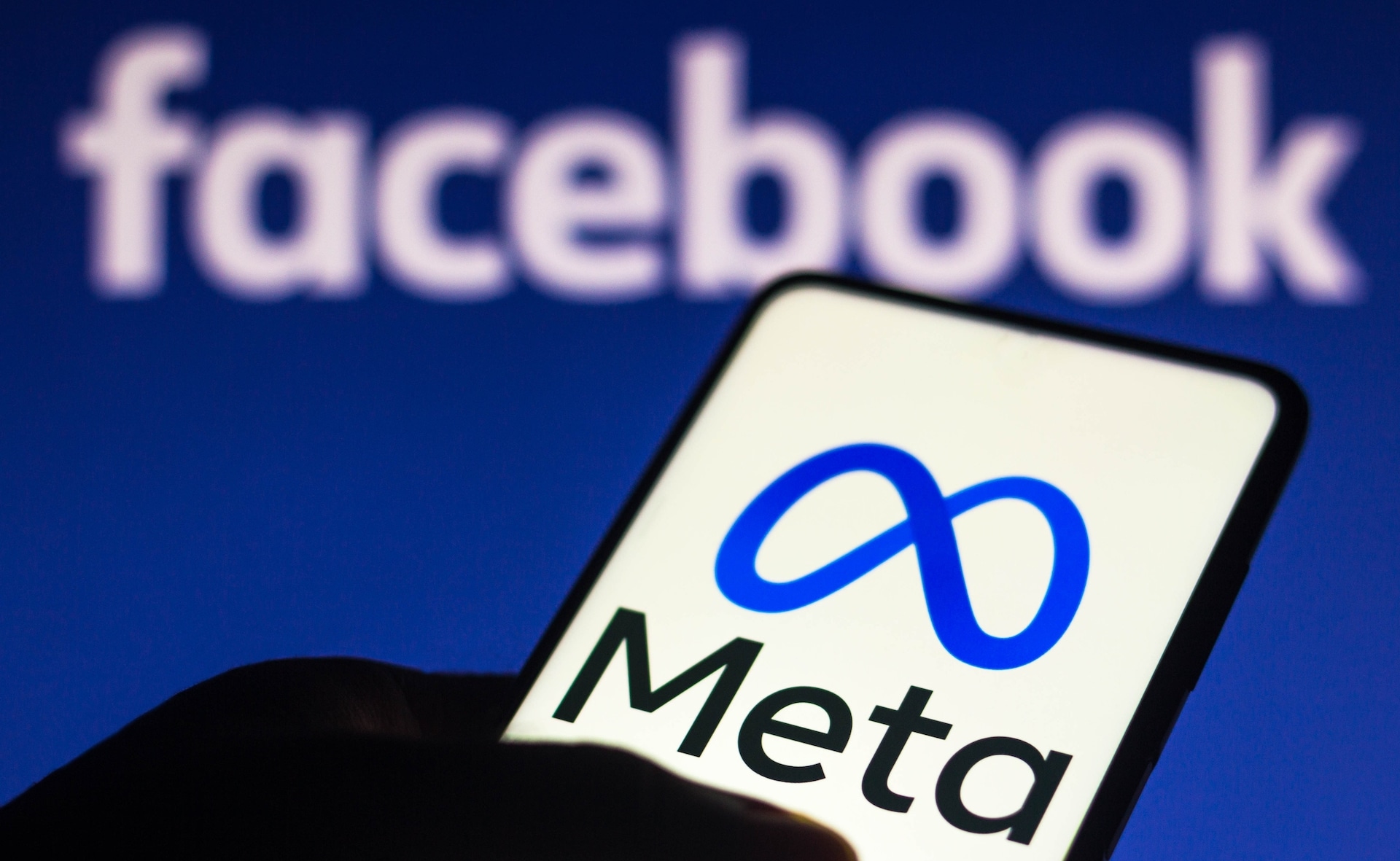Google today announced Gemini, a multimodal large language model, and confirmed the AI model will be added to Search and Ads in the coming months.
Gemini in Search. Gemini will become available in Search, Ads and other products in the coming months. But Google Search is already testing Gemini, which has reduced the latency of Search Generative Experience responses by 40% for English in the U.S. and led to unspecified quality improvements.
What is Google Gemini. Officially known as Gemini 1.0, it is a large language model that can work with all types of information – text, images, audio, video or code. Gemini is meant to compete with OpenAI’s GPT. Three “sizes” were announced:
- Ultra, for highly complex tasks.
- Pro, Google’s “highest performing model” for a broad range of tasks.
- Nano, for on-device tasks.
Gemini in Bard. Google Bard now is powered by a “fine-tuned version” of Gemini Pro. Bard now has more advanced reasoning, planning and understanding, Google said. Calling this Bard’s “biggest upgrade” since launch, it is now available in English in more than 170 countries, with plans to expand further in “the near future.”
A new version, called Bard Advanced, will debut early next year, Google said. It’s unclear how much Bard Advanced will cost, if anything. It will be powered by Gemini Ultra.
Google DeepMind also shared a report that found Gemini outperformed GPT-3.5 for six of eight industry benchmarks. But OpenAI now offers GPT-4, released in March.
Why we care. Although Gemini is only in testing in Search, Google has confirmed it will be part of the Google Search experience in the near future. Also, if you’ve been using ChatGPT for any of your day-to-day tasks, you may want to check out the upgraded Bard to see whether Bard actually outperforms the free version of ChatGPT, powered by GPT-3.5.








